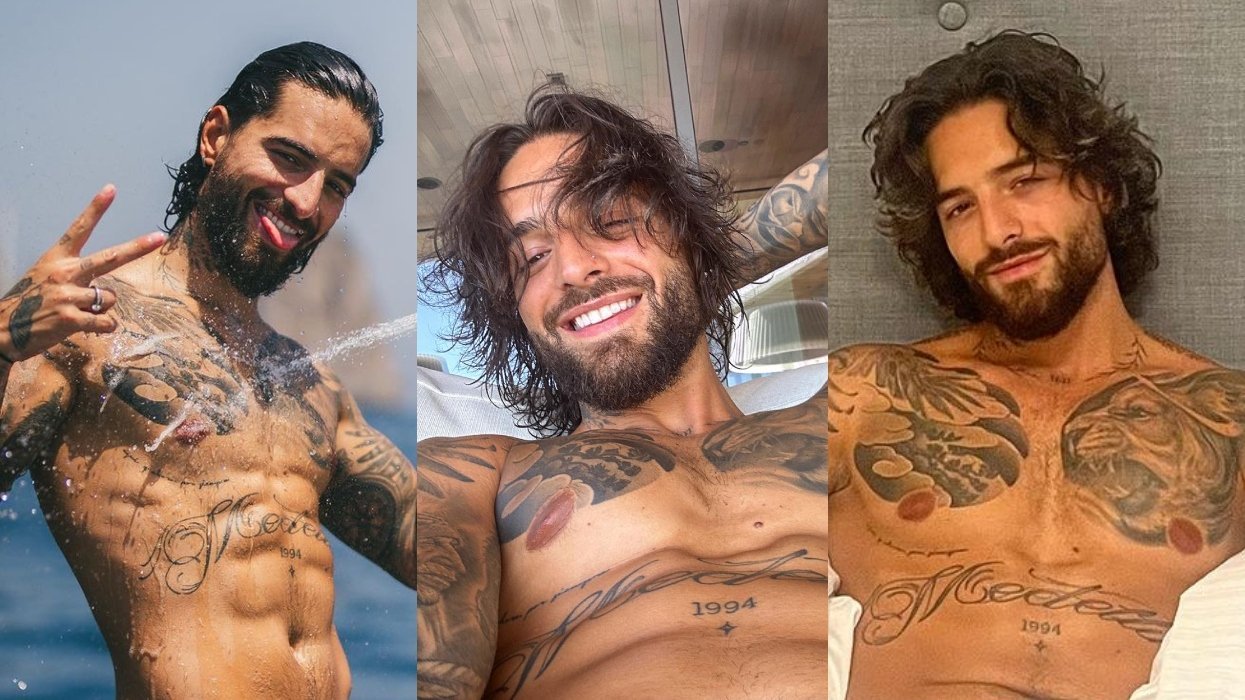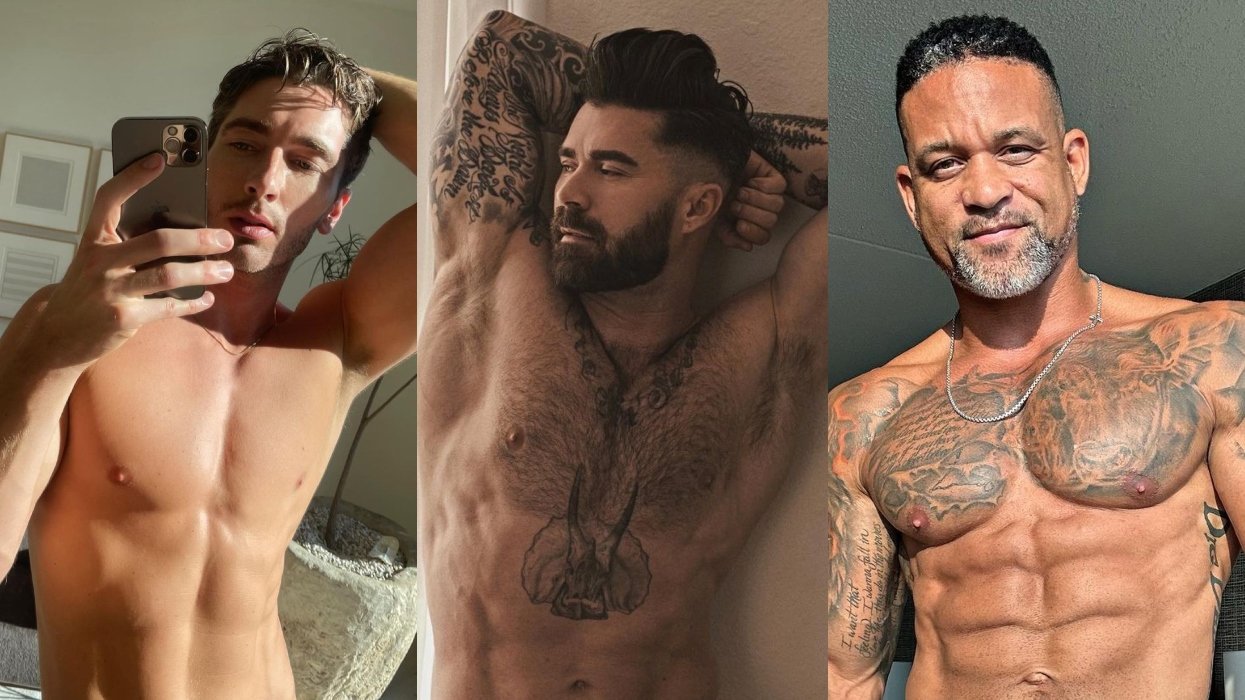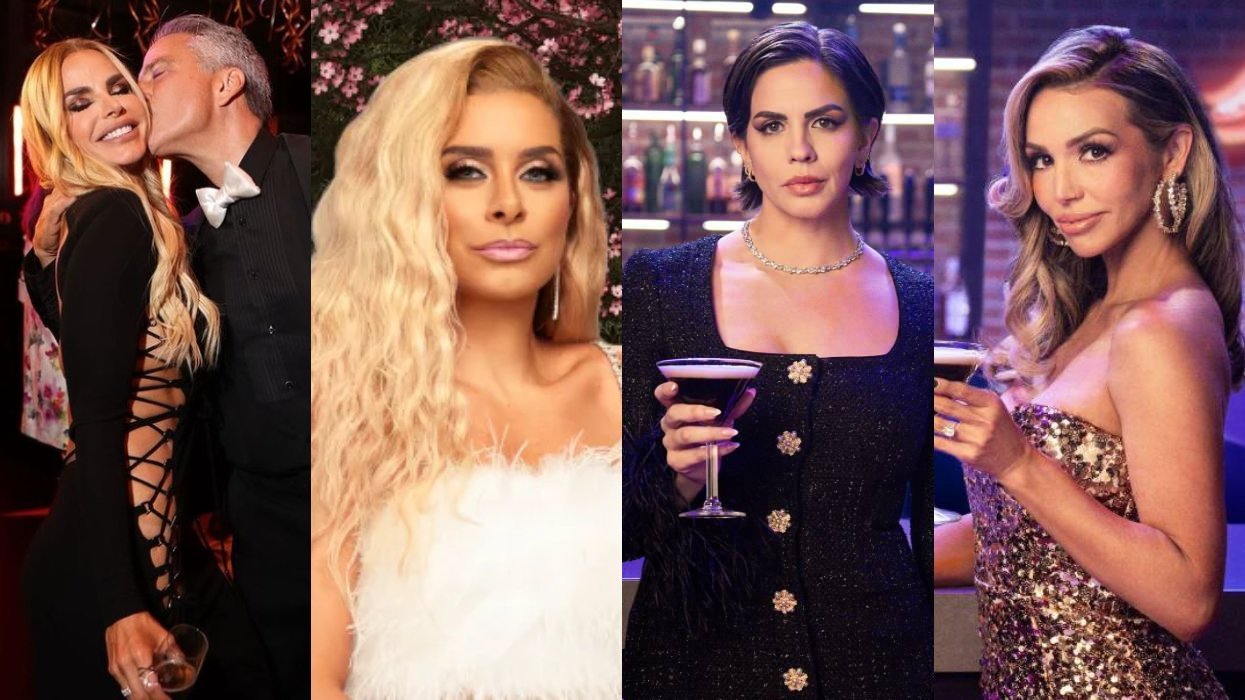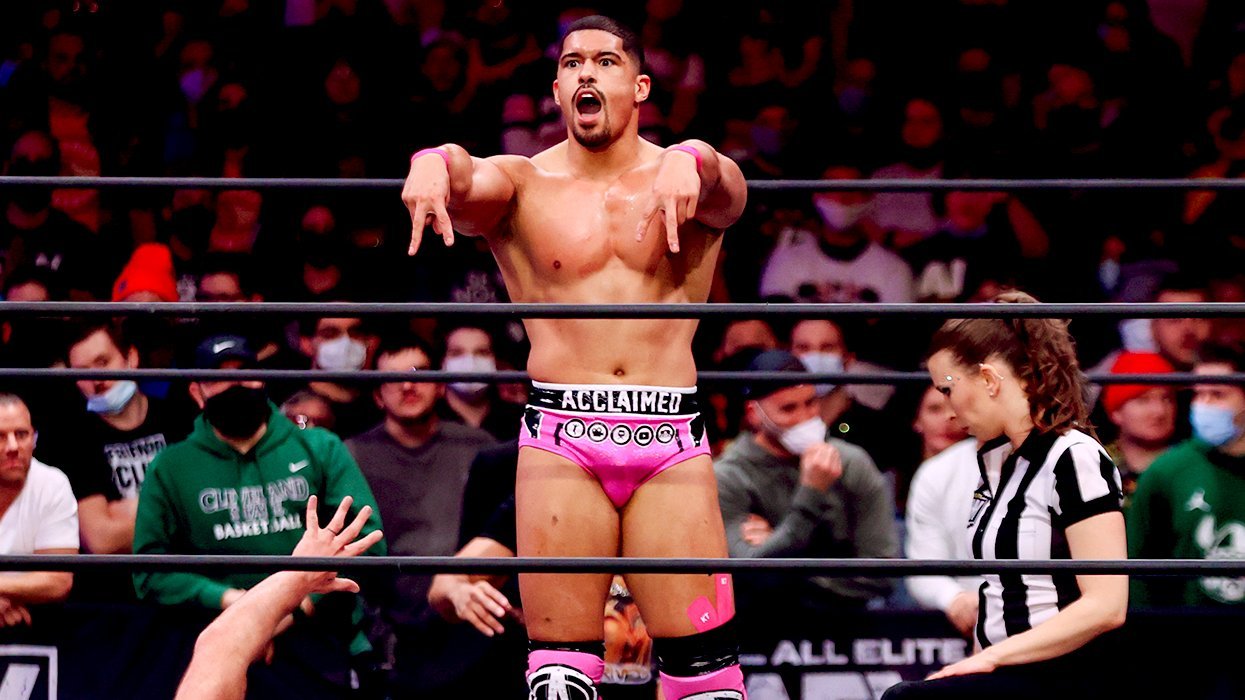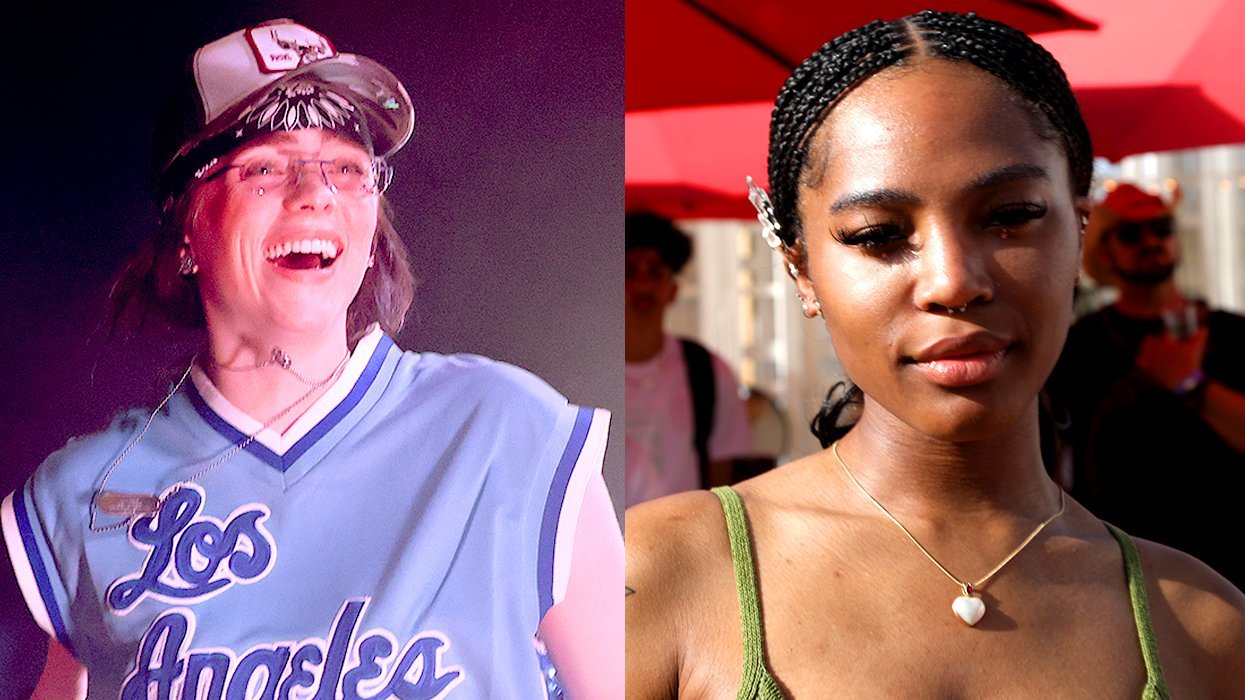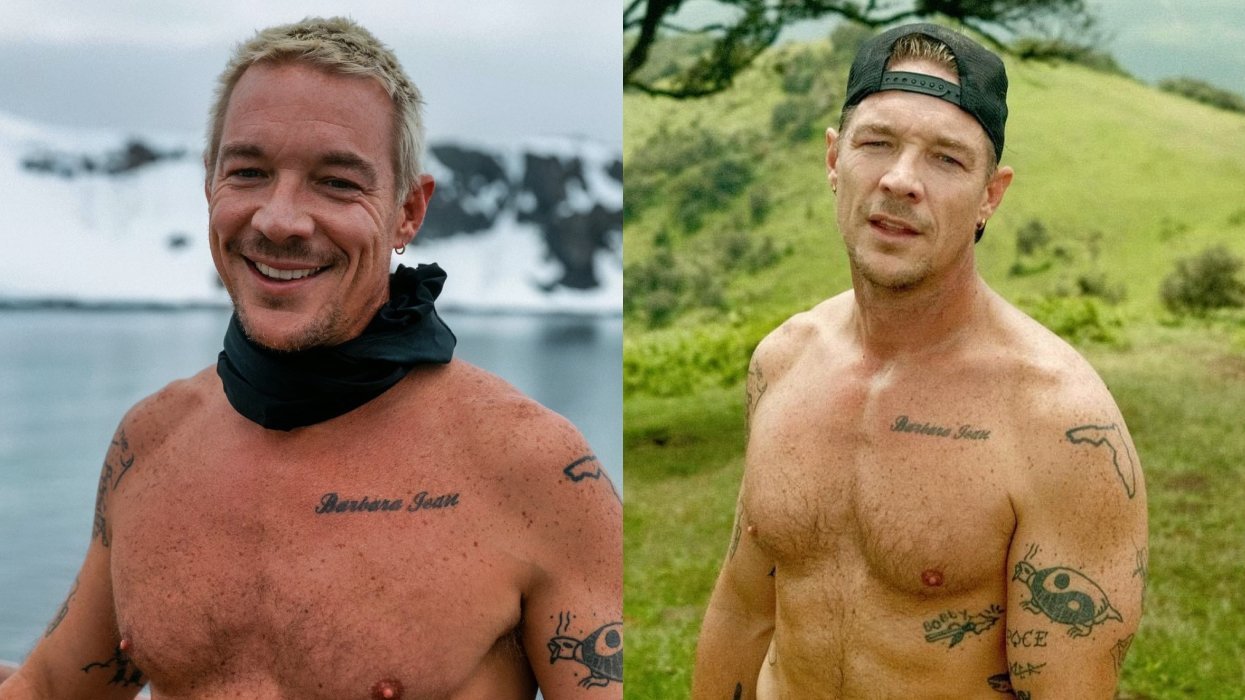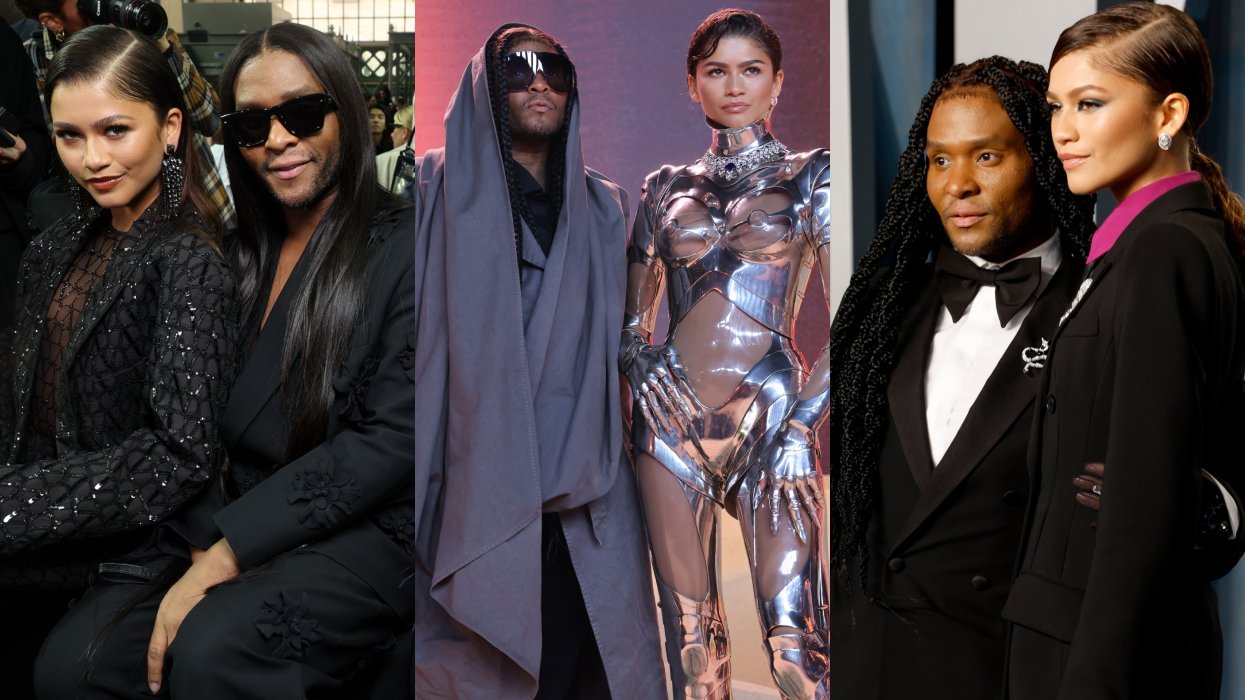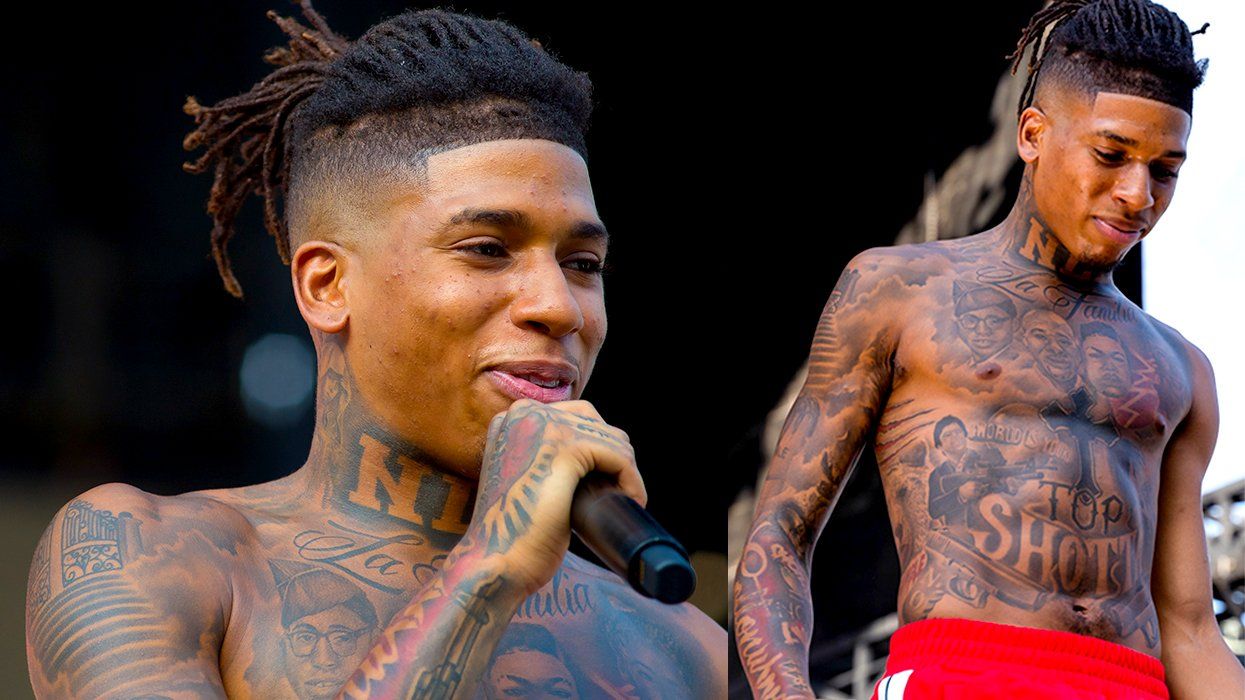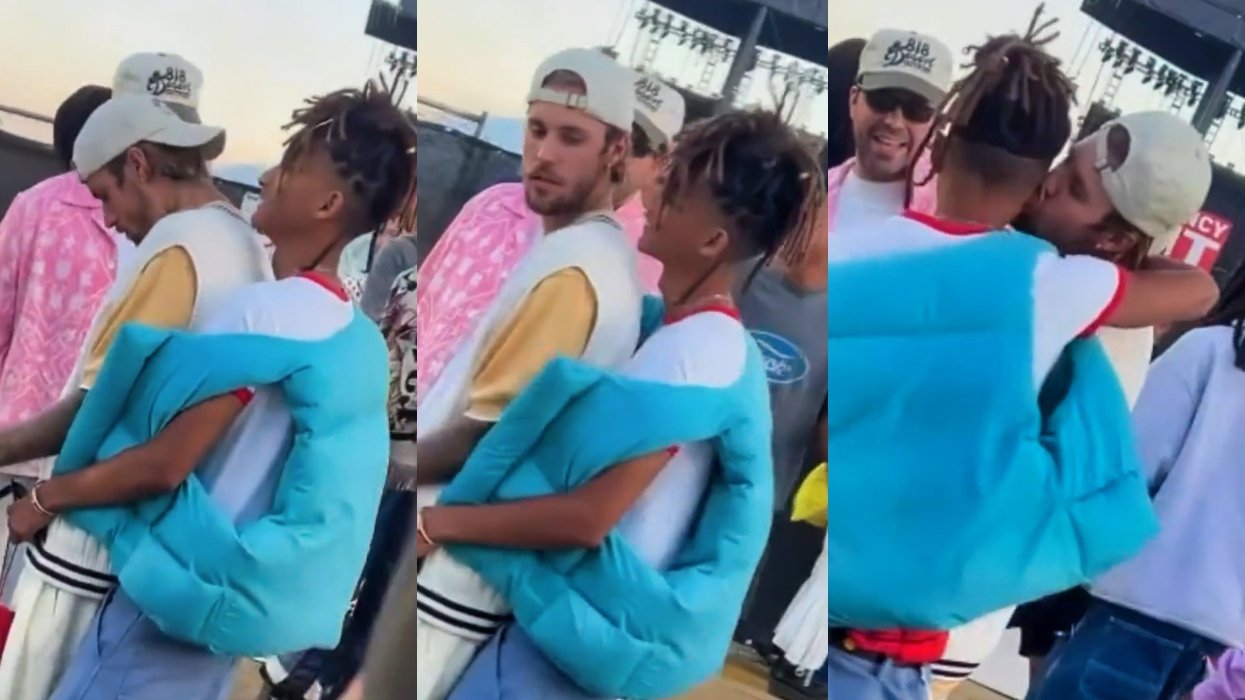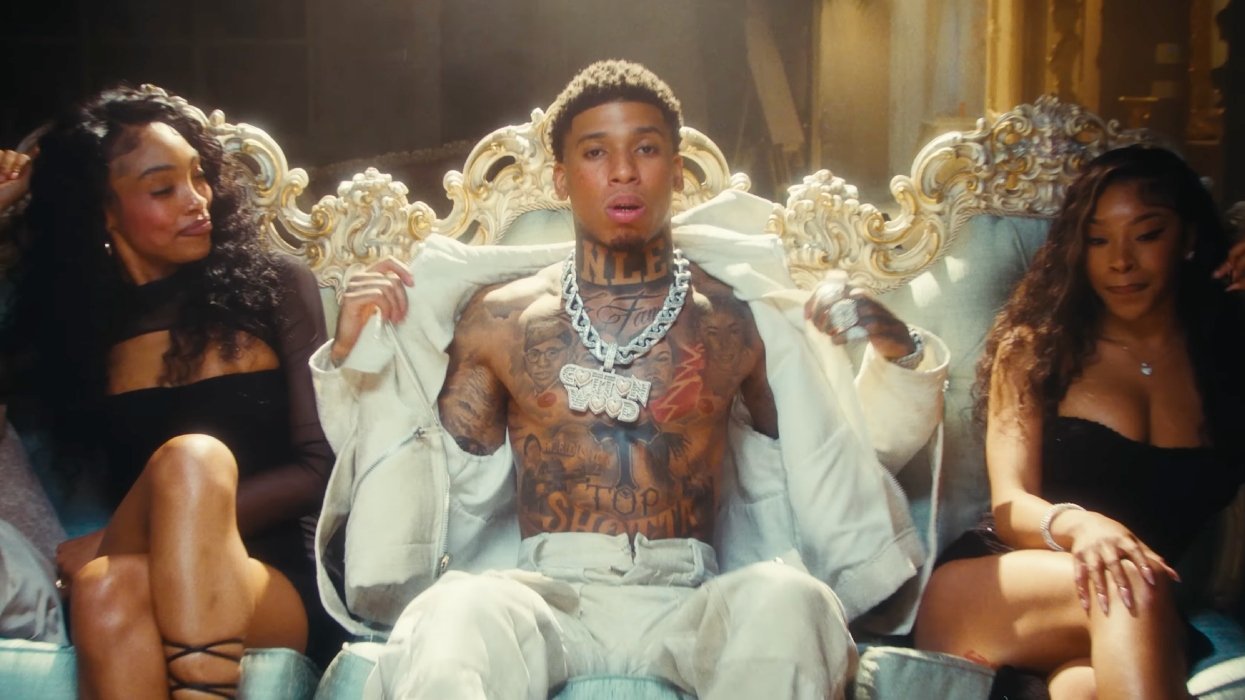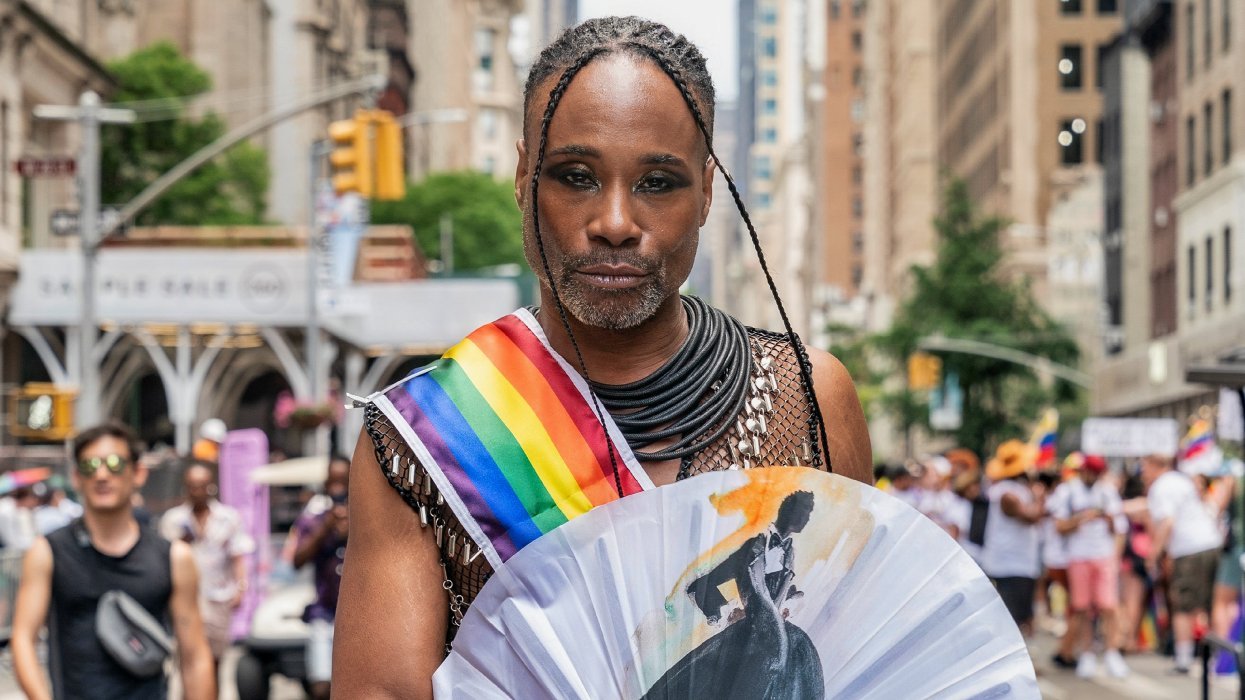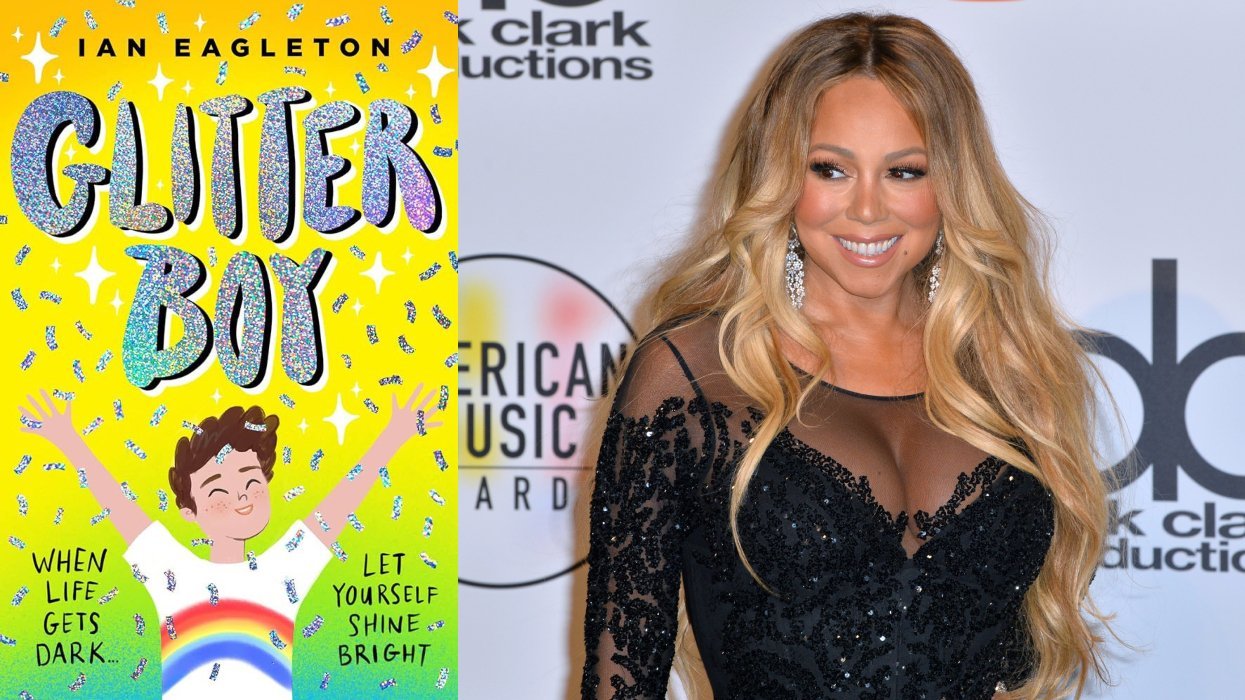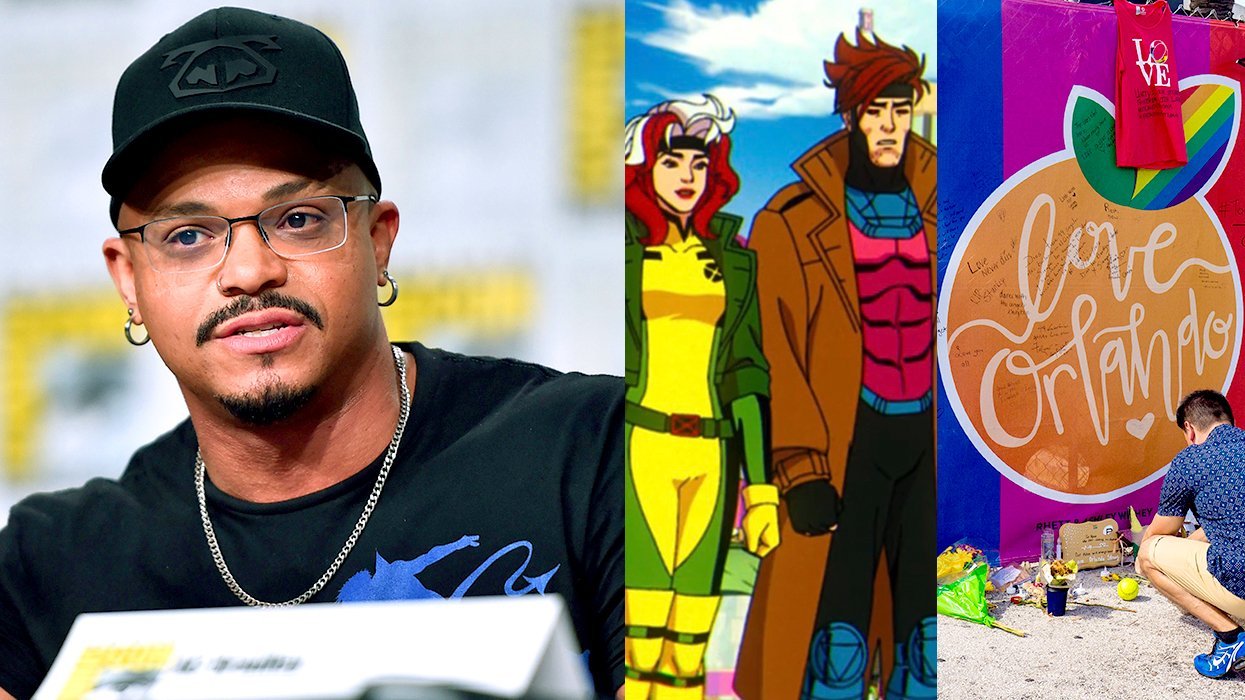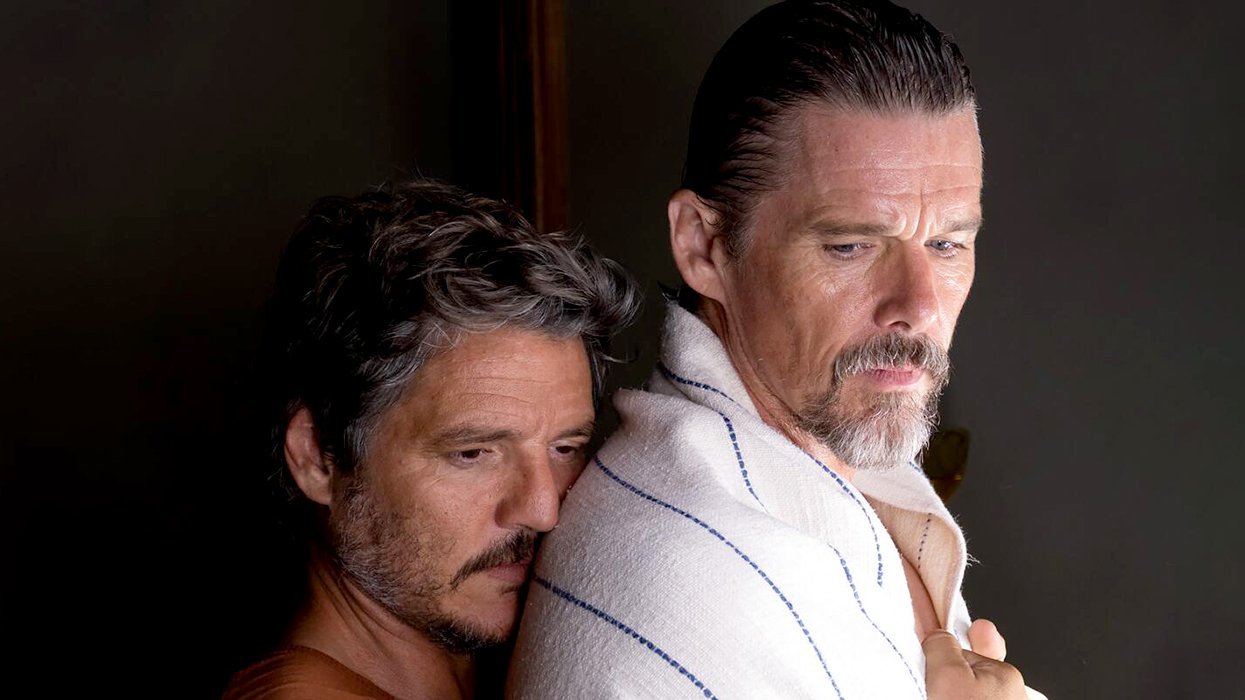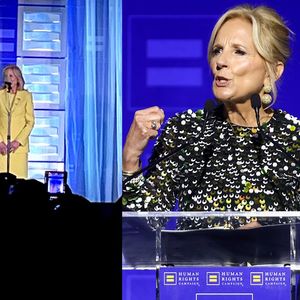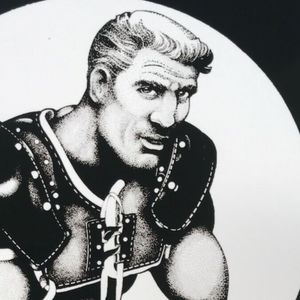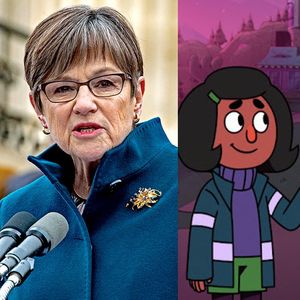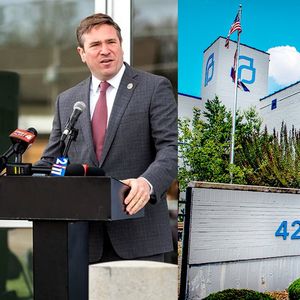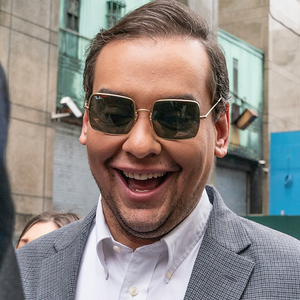Entertainment
CONTACTStaffCAREER OPPORTUNITIESADVERTISE WITH USPRIVACY POLICYPRIVACY PREFERENCESTERMS OF USELEGAL NOTICE
© 2024 Pride Publishing Inc.
All Rights reserved
All Rights reserved
By continuing to use our site, you agree to our Private Policy and Terms of Use.
- << PREVIOUS
- BACK TO BEGINNING >>
At this moment in the LGBT community, we are so painfully aware of the harmful potential of words as we try to address the damage that unrelenting taunts and harassment brings to the lives of our young people. So many voices within our community are talking about the responsibility to speak up and speak out when hurtful words are used. This is an important moment of awareness and action. It is, therefore, bewildering to me that people are defending the use of the term tranny. Some people use the word because they have transgender friends or because they want to express solidarity with transgender people, without intending any harm, and we understand that. But the reality is, tranny is heard by many transgender people in way that is very different than what you mean. Tranny is a word that appears on the lips of bullies and bashers. It serves notice of pending and continuing harassment and violence. They use it as a demeaning putdown, as a way of saying the person on the receiving end of these insults is less than human or is deserving of the damage being done to them. It is a word that many transgender people have heard against their will and in situations that lead to emotional and physical pain. It is a word yelled at transwomen at bus stops before the attack starts; it is what children who dont fit gender stereotypes are called in the hallways; it is how co-workers put down someone transitioning in their office. Its most common use is to harm. Yes, there are transgender people who use the word to describe themselves and do so proudly. We absolutely defend their right to do so. But heres the critical difference -- they are transgender people; it is our right to define ourselves. If you are not transgender -- even if you are gay, lesbian, or bisexual, or even if you have transgender friends -- it is not appropriate to use the word. It is not yours to arbitrate. It is like the word queer, which is an identity that some of us in the LGBT community gladly claim, while for others it is demeaning and very painful. Just bring up this topic in an LGBT group and youll get more opinions than there are people in the room. It is not, however, a word that we think is okay when straight people use it about us. This is the same situation. The most recent flurry of controversy around this stems from a Glee episode, a show I watch fairly regularly. While Glee has been extremely positive about issues of sexual orientation, they have also called a character the epithet she-male and censored some of the transgender words and content from their recent version of the Rocky Horror Picture Show. Glee has an opportunity to build on their positive portrayal of gay characters to include equal sensitivity about transgender issues. Transgender people and our advocates have the right to speak up when we feel that their portrayal is inaccurate or demeaning or just misses the boat. The words that we say and write are powerful; they have an impact. We are each responsible for the words we choose to use, especially when we are speaking in the public sphere. If you are transgender, define yourself in any way that feels right to you. But if you are not, please act respectfully. Listen to the voices of those who say that this word hurts and makes our cause more difficult. We need to be careful that our words and actions make it very clear that we stand with the transgender community, and not with those who would bully or harm. -- Justin Tanis of the National Center for Transgender Equality For more on the National Center for Transgender Equality, visit their official website.
Want more breaking equality news & trending entertainment stories?
Check out our NEW 24/7 streaming service: the Advocate Channel!
Download the Advocate Channel App for your mobile phone and your favorite streaming device!
From our Sponsors
Most Popular
38 Male Celebs Who Did Full Frontal Scenes
November 17 2023 5:18 PM
These are all the celebrities Who came out as LGBTQ+ in 2023
December 31 2023 12:19 PM
These Pics Prove Maluma Has Always Been a Certified Daddy
October 20 2023 1:13 PM
32 LGBTQ+ Celebs You Can Follow on OnlyFans
October 25 2023 3:15 PM
26 actors who showed bare ass in movies & TV shows
February 28 2024 1:50 PM
16 Times Celebrity Men Had to Say They Weren't Gay
February 29 2024 1:19 PM
21 LGBTQ+ reality dating shows & where to watch them
April 03 2024 4:01 PM
15 Unforgettable Gay Kissing Scenes From TV & Movies
February 14 2024 10:20 AM
14 queens who quit or retired from drag after 'RuPaul's Drag Race'
April 04 2024 12:56 PM
40 steamy celebrity Calvin Klein ads we'll always be thirsty for
January 04 2024 10:54 AM
Watch Now: Advocate Channel
Trending Stories & News
For more news and videos on advocatechannel.com, click here.
Trending Stories & News
For more news and videos on advocatechannel.com, click here.
Latest Stories
Homophobes are BIG MAD that Justin Bieber & Jaden Smith were affectionate at Coachella
April 15 2024 12:27 PM
April 15, 2024
April 15 2024 12:18 PM
What's the difference between 'badussy' & 'bussy'? NLE Choppa explains
April 15 2024 12:05 PM
Elevating pet care with TrueBlue’s all-natural ingredients
April 12 2024 1:39 PM
Here's how you can watch Pedro Pascal & Ethan Hawke's underrated gay cowboy movie
April 12 2024 12:40 PM
April 12, 2024
April 12 2024 12:14 PM







